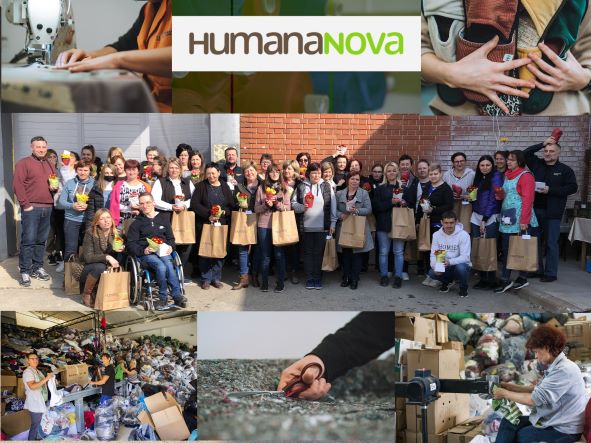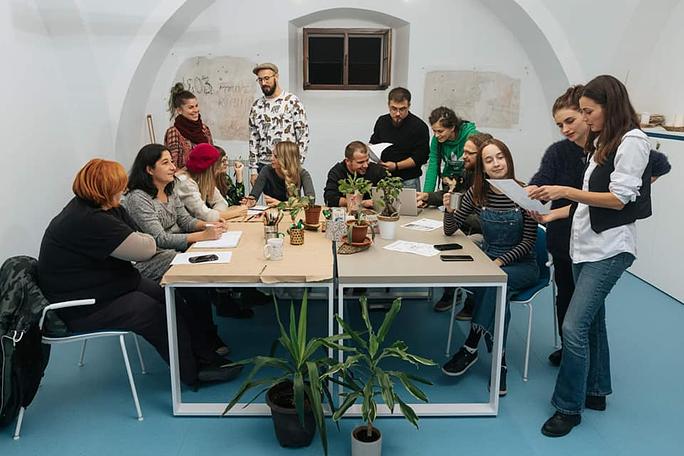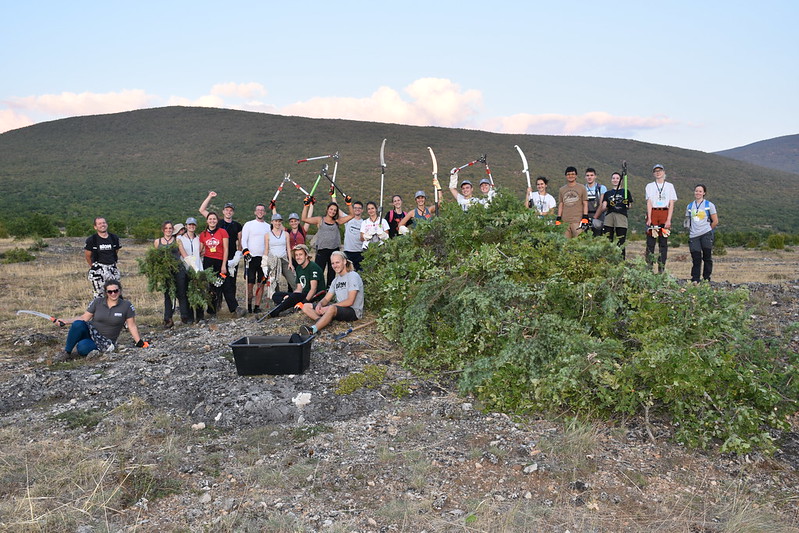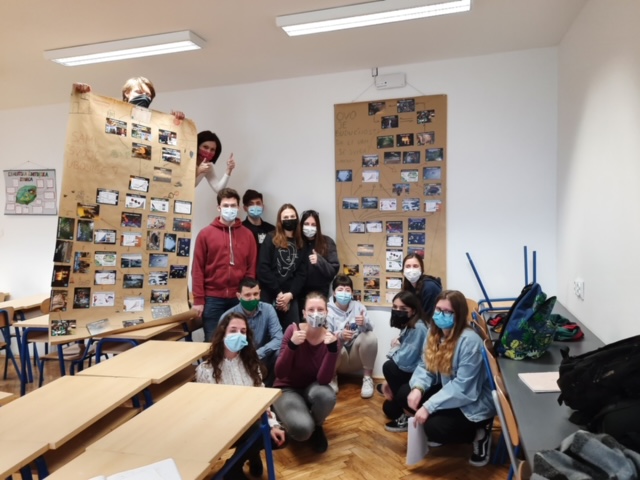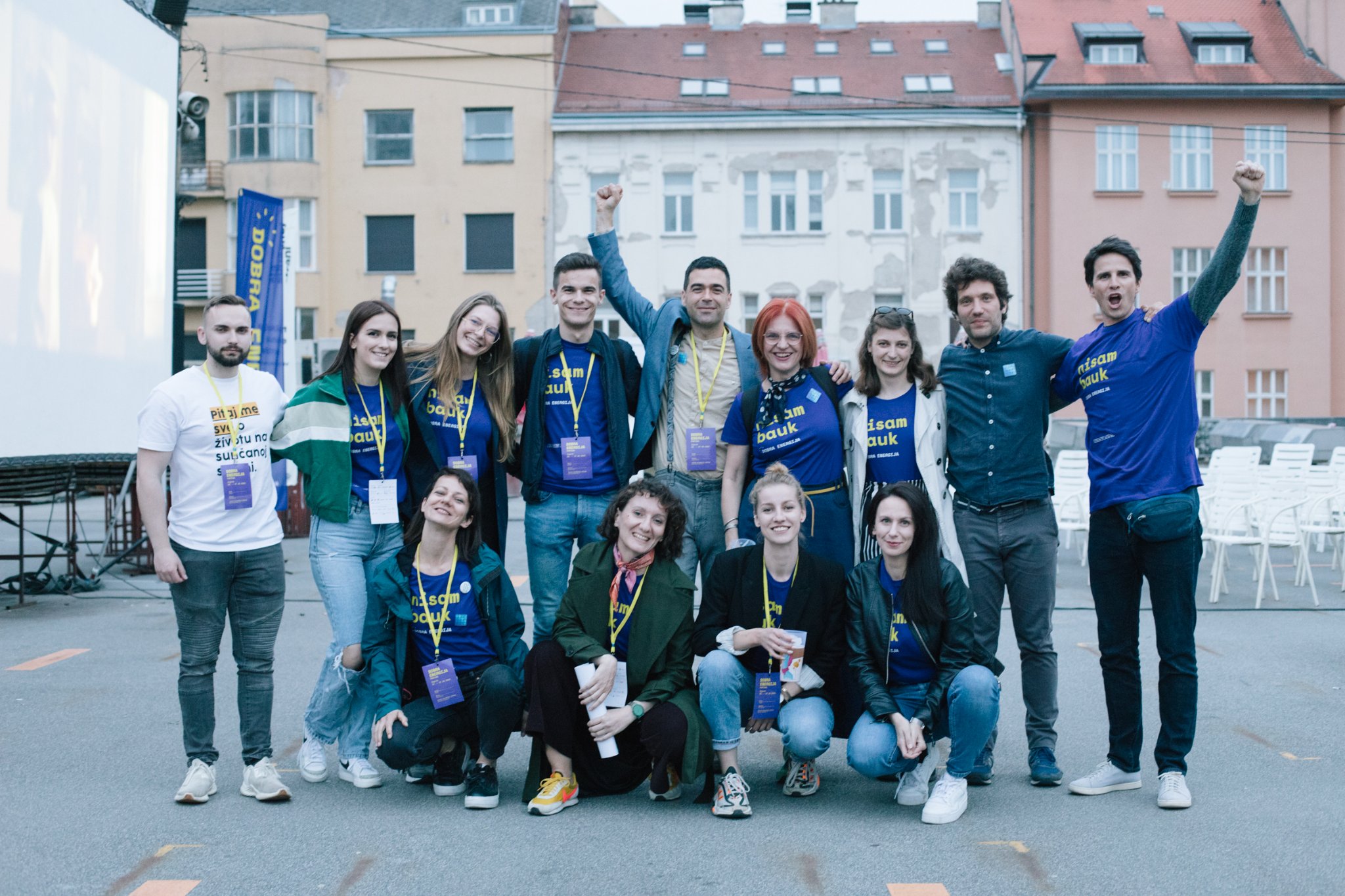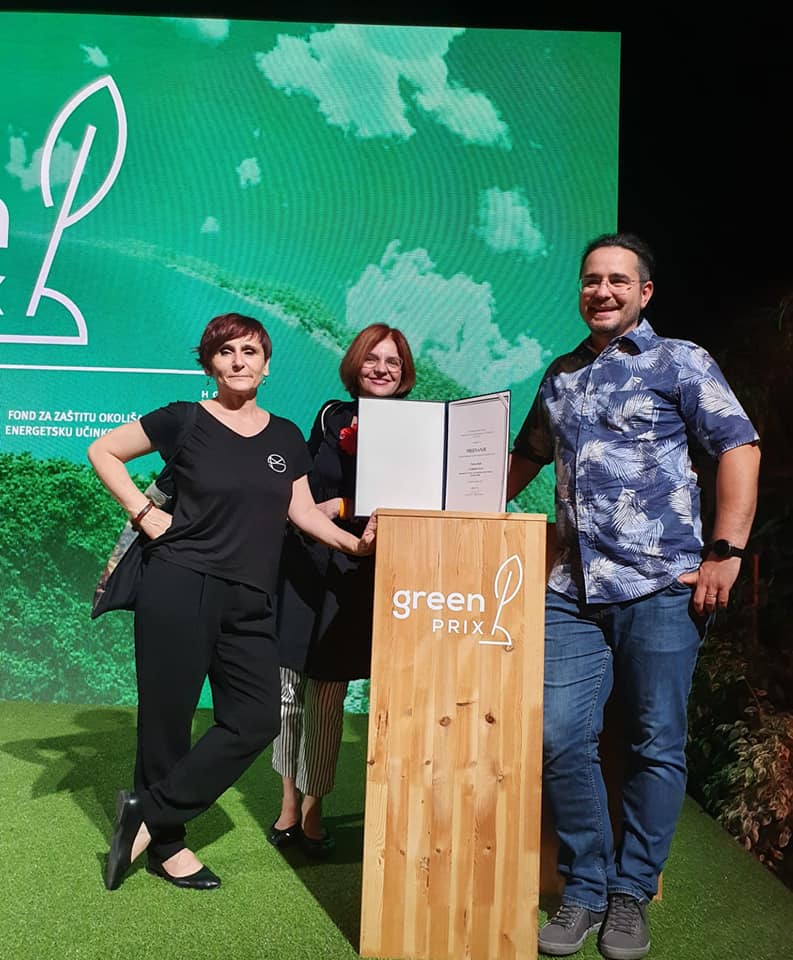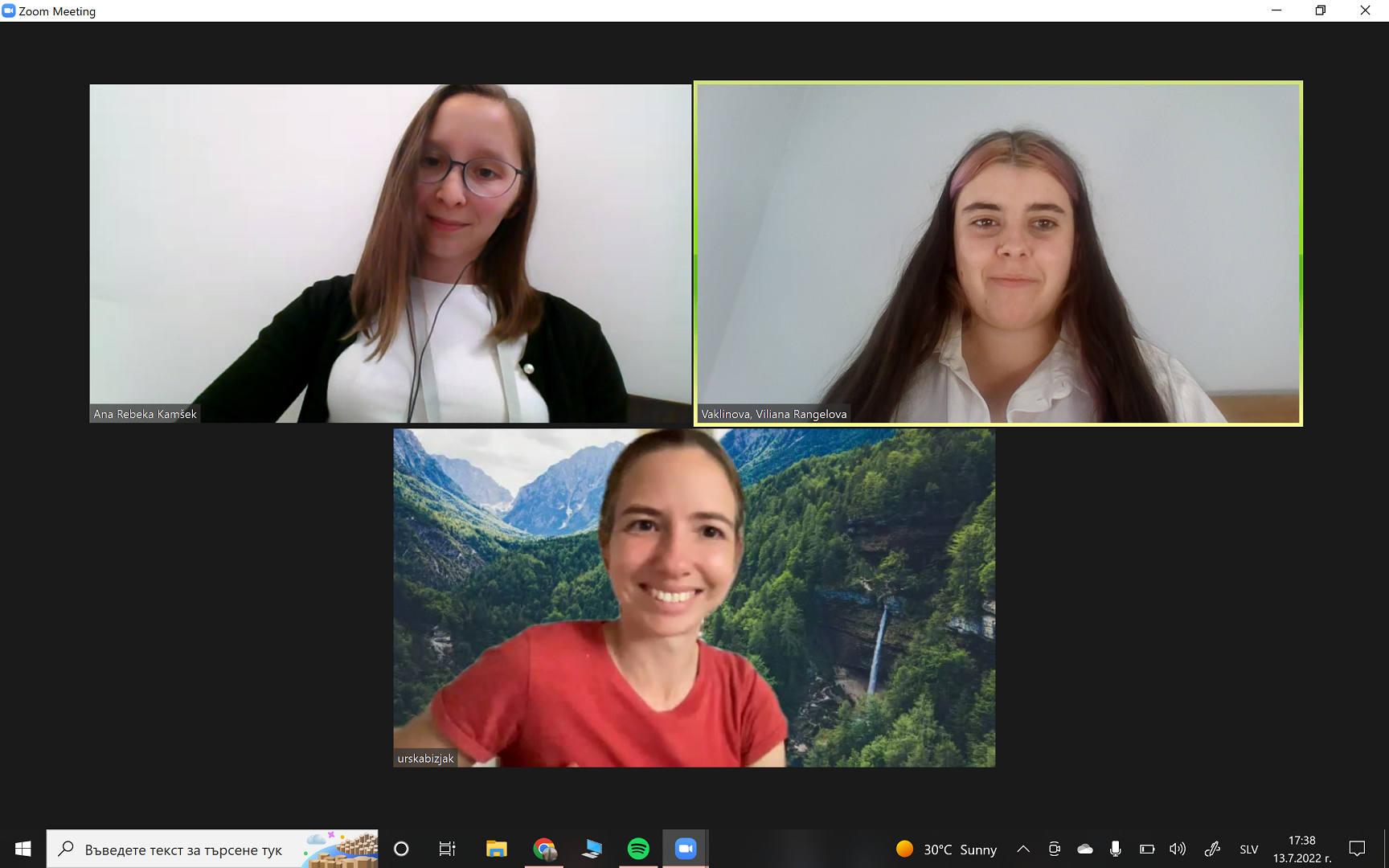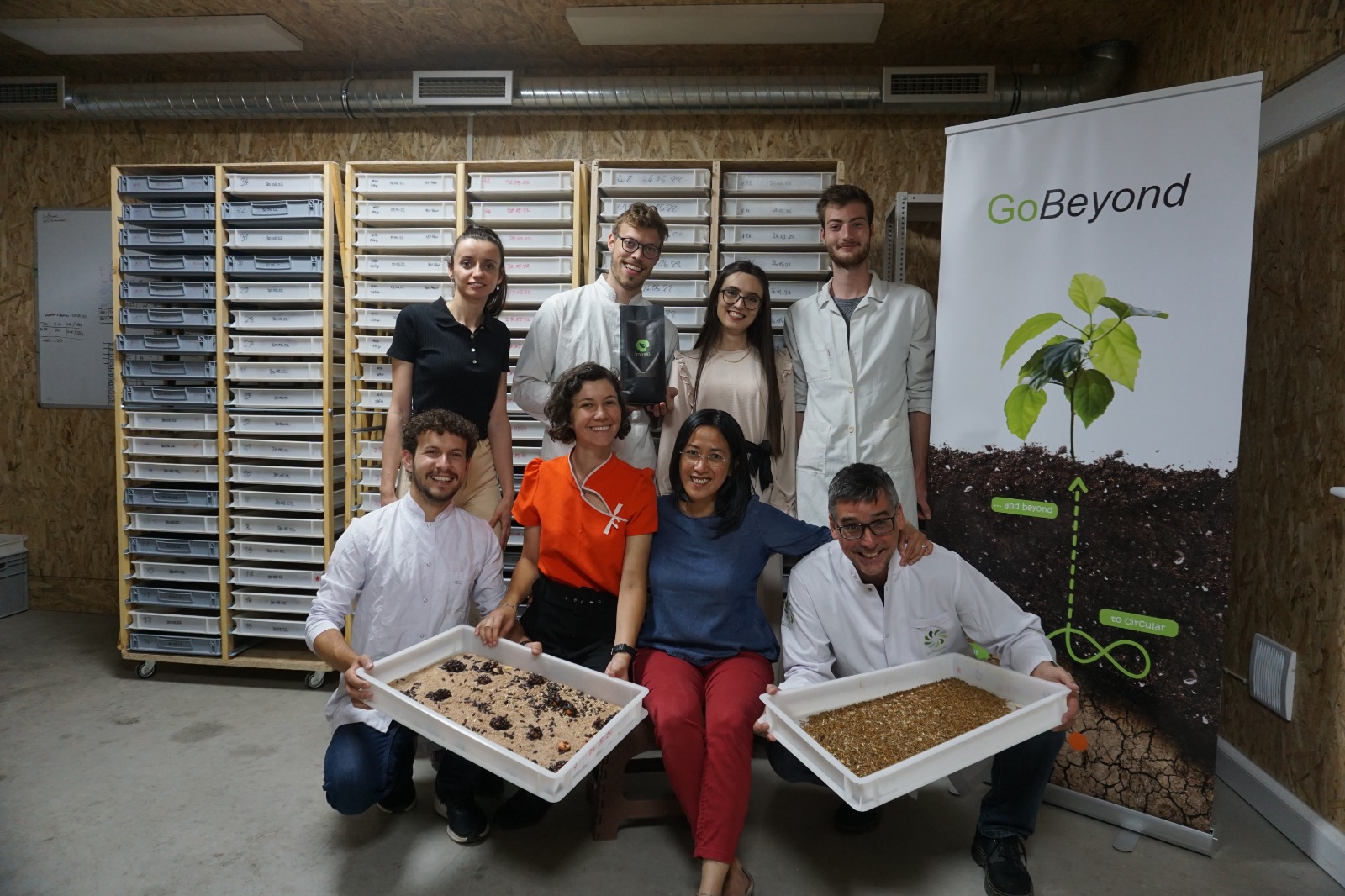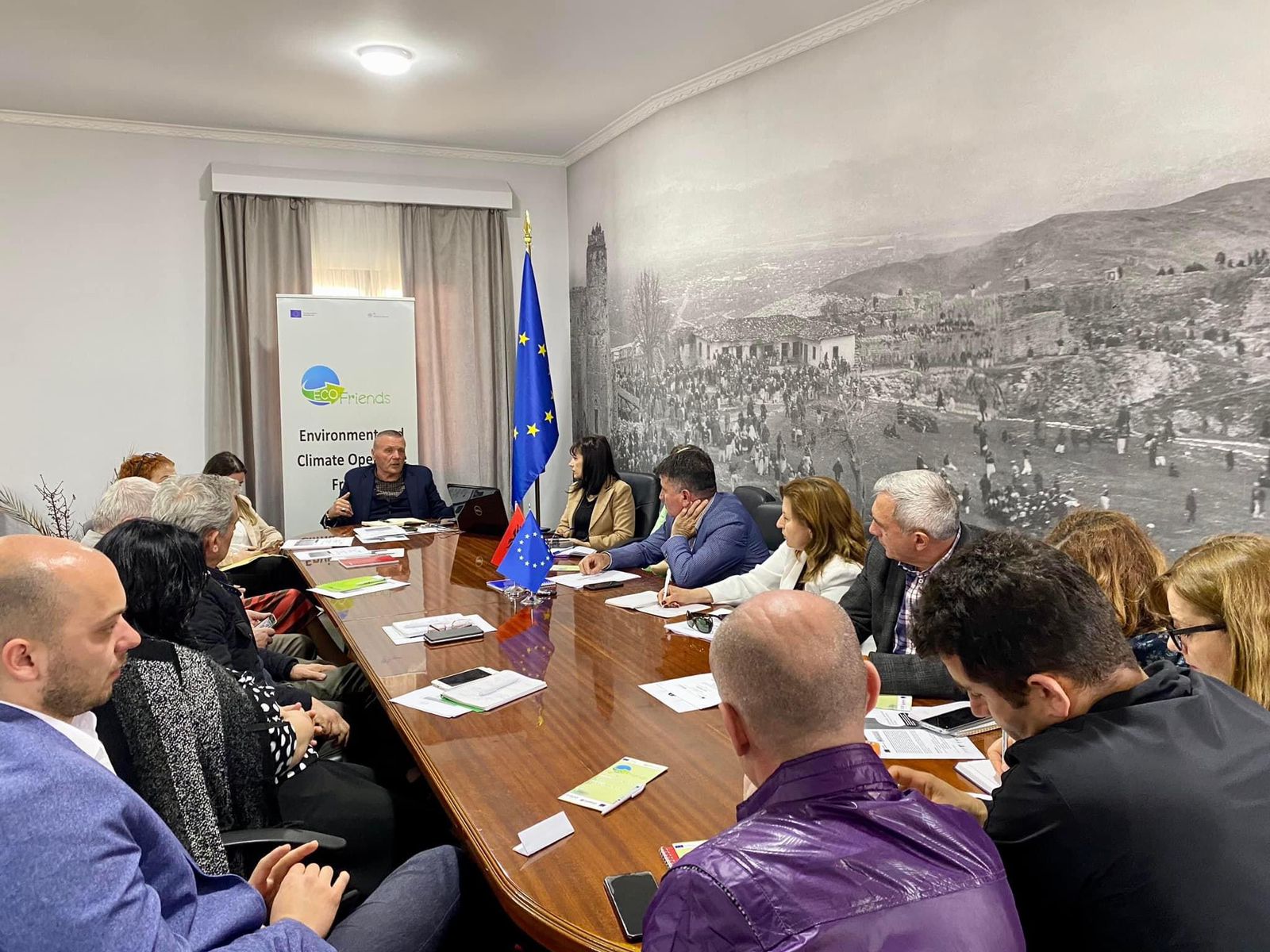Environment and climate operative friends
COSPE- Cooperation for Development of Emerging Countries, Albania
The proposed project contributes to strengthening the capacities of civil society organizations in the fields of environment and climate change, enhancing their role as competent, transparent, effective and accountable civil society actors, and improving interaction with state/public institutions in order to contribute to EU-related policy-making in these sectors, in the North of Albania in the prefectures of Shkodra and Lezha and in the prefecture of Berat in the South of Albania. On the one hand, the activities are focused on increasing the involvement of civil society organizations and relevant stakeholders with expertise in the fields of environment and climate change, in the process of planning acquis transposition, policy change and institutional restructuring. This will be achieved, through trainings for CSOs on networking and advocacy in the fields of environment and climate change, capacity building in public institutions on democracy and participatory processes, consultation tables between public institutions and CSOs on environmental and climate change policies. In addition, public institutions will be supported in the preparation of national regulations based on the new law on civil protection. On the other hand, the activities will help to improve the interaction and dialogue between CSOs and other relevant stakeholders in the context of accession negotiations, as well as their capacity to monitor the process of the European integration process through participation in the ‘European Integration Platform of Partnership’. For this purpose various activities are planned, such as capacity building for public institutions and CSOs regarding the implementation of the EU environmental and climate change acquis, awareness campaigns for citizens regarding climate change and disaster risk reduction, pilot actions in rural areas on climate vulnerability and capacity assessment, disaster risk reduction and participatory climate change adaptation to disseminate information, raise awareness among local actors and the general public, train and mobilize local grass roots organizations and advocate on environment and climate change.
